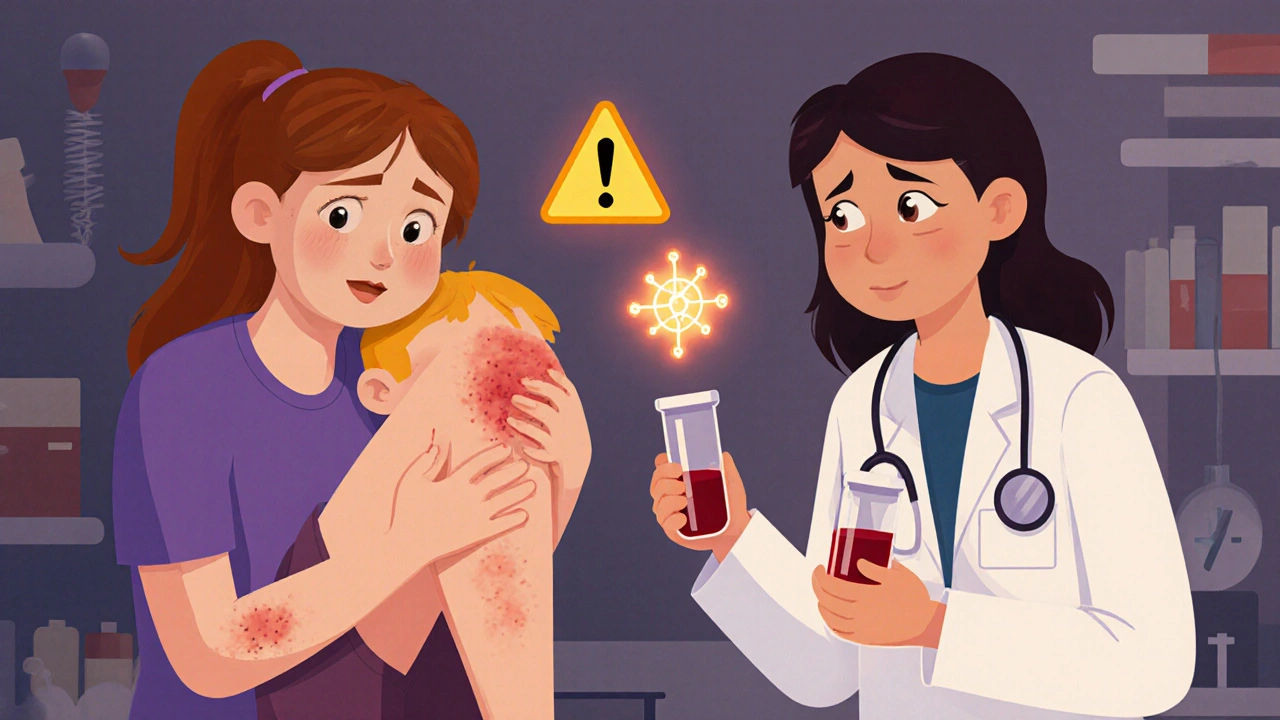When it comes to early detection hemophilia, a genetic bleeding disorder where the blood doesn’t clot properly due to missing or low clotting factors. Also known as hemophilic disorder, it’s not something you can ignore—especially if it runs in your family. Most people with hemophilia are diagnosed as children, but mild cases can go unnoticed for years. That’s dangerous. Without early detection, even minor injuries can lead to internal bleeding, joint damage, or life-threatening complications.
It’s not just about bleeding after cuts. Think about unexplained bruising, swelling in joints after playing sports, or prolonged bleeding after dental work or circumcision. These aren’t normal. In boys, especially, persistent nosebleeds or blood in urine after a fall can be red flags. Hemophilia A (factor VIII deficiency) and Hemophilia B (factor IX deficiency) are the most common types, and both are inherited. If your brother, uncle, or cousin has it, you should know. Genetic testing isn’t just for prenatal care—it’s a tool for adults too, especially if you’ve had unexplained bleeding episodes.
Clotting factors aren’t just numbers on a lab report. They’re the difference between walking away from a fall and ending up in surgery. Early detection means you can start prophylactic treatment before damage sets in. It means avoiding unnecessary surgeries, knowing when to call a doctor, and protecting your joints for life. It also means your kids can be tested early, so they don’t grow up thinking heavy bruising is just part of being active.
The posts below cover real cases, practical advice, and medical insights that connect directly to early detection. You’ll find how bleeding disorders show up in everyday life, what tests actually reveal, and how treatment choices change when diagnosis happens sooner. These aren’t theory pieces—they’re stories from people who learned the hard way, and the experts who help prevent those mistakes.
Posted by
Paul Fletcher
15 Comments

Early diagnosis of hemophilia prevents lifelong joint damage, brain bleeds, and disability. Learn the warning signs, testing options, and how timely treatment lets children live full, active lives.
read more